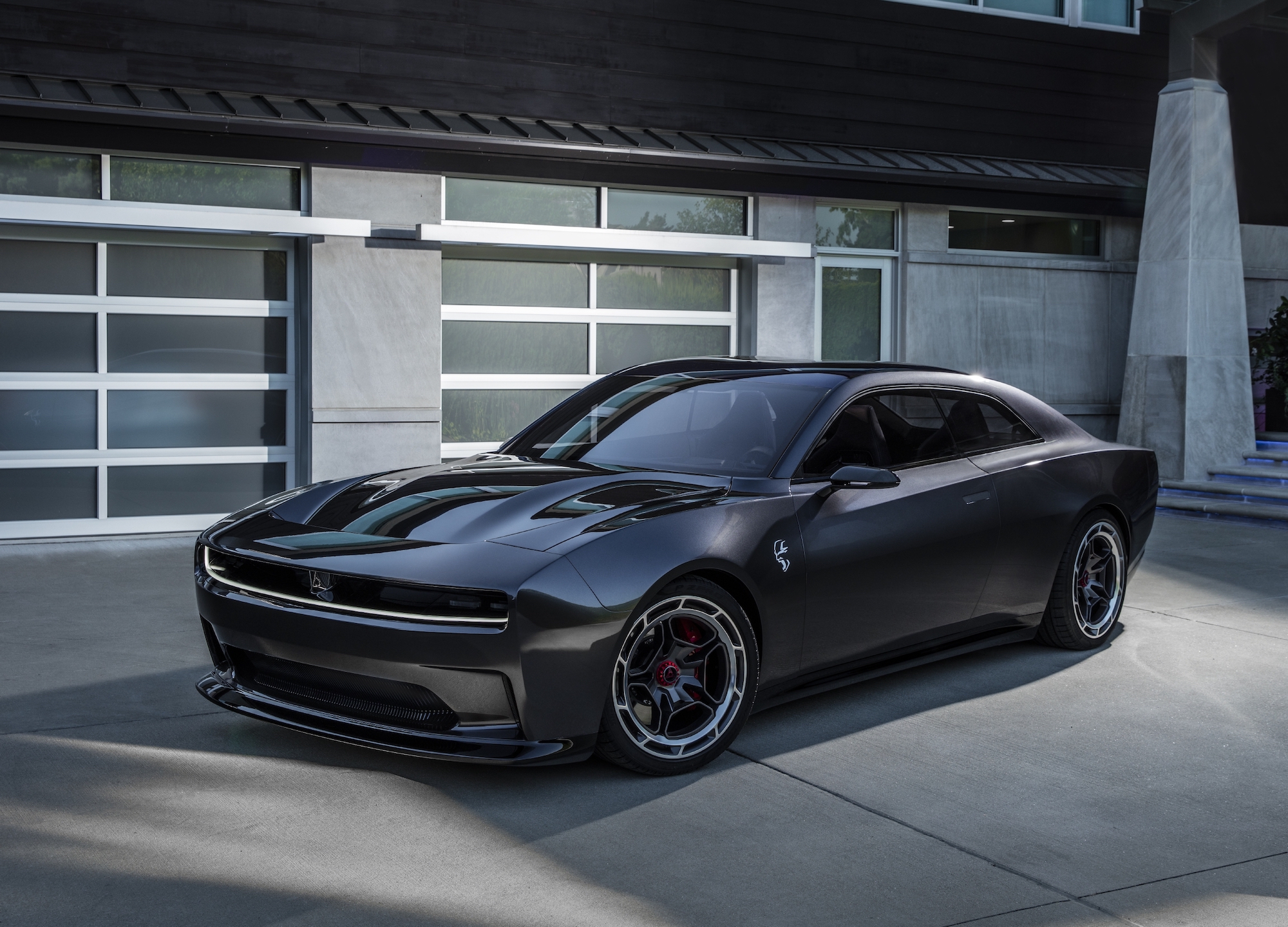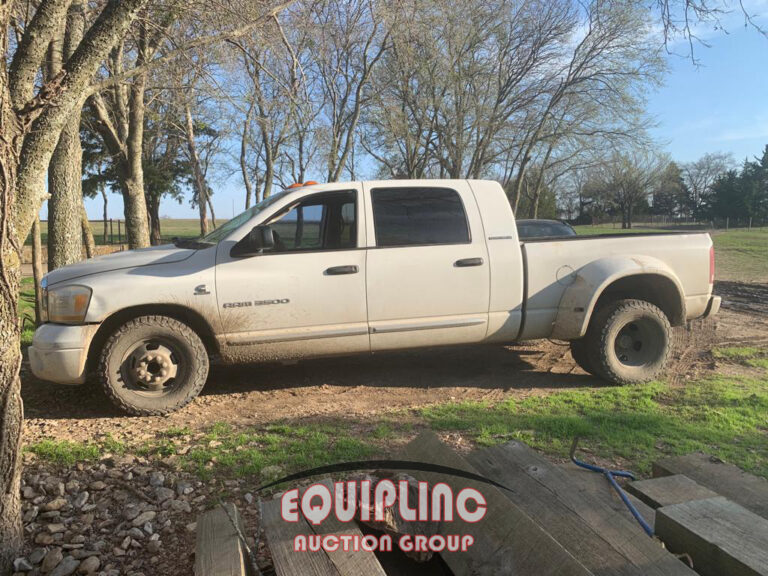Dodge Trucks for Sale in My Area: A Comprehensive Buyer’s Guide

Dodge Trucks for Sale in My Area: A Comprehensive Buyer’s Guide
The search for the perfect truck often begins with a specific make and model in mind, and for many, that journey leads directly to Dodge. Renowned for their robust performance, powerful engines, and iconic styling, Dodge trucks – now primarily sold under the Ram brand – have earned a formidable reputation as workhorses and reliable daily drivers. But finding the right Dodge truck isn’t just about picking a model; it’s about navigating the local market to unearth the best deals, the most suitable options, and the most trustworthy sellers right here in your area.
This comprehensive guide is designed to empower you with the knowledge and strategies needed to successfully locate, evaluate, and purchase a Dodge truck that perfectly fits your needs and budget, all within the convenience of your local community. We’ll explore everything from understanding the local inventory to inspecting your potential new ride and securing the best possible price.
Understanding the Local Market for Dodge Trucks
The availability and pricing of Dodge trucks can vary significantly from one region to another. Several factors influence the local market dynamics:
- Dealership Presence: Areas with multiple Ram dealerships or large used car lots often have a wider selection of newer and certified pre-owned trucks.
- Economic Activity: Regions with strong construction, agriculture, or oil and gas industries tend to have a higher turnover of heavy-duty trucks (Ram 2500/3500) and a robust market for used work vehicles.
- Population Density: Densely populated urban and suburban areas typically offer more private seller listings and a quicker pace of sales. Rural areas might have fewer options but potentially more specialized or older models.
- Climate and Terrain: Areas with harsh winters might see more rust issues on older models, while regions with extensive off-roading opportunities could have more modified or specialized trucks (e.g., Ram Rebel, Power Wagon).
- Local Demand: High demand for trucks in your area can drive up prices, while lower demand might open doors for better negotiation.
To gauge your local market, start by browsing various online platforms (which we’ll detail below) with your location filters set. Pay attention to the number of listings, the range of models and years available, and the general price trends.
Identifying Your Needs: Which Dodge Truck is Right for You?
Before diving into listings, clarify what you need from a truck. Dodge (Ram) offers a diverse lineup, each catering to different demands.
- Ram 1500: This light-duty pickup is the most popular choice for general consumers. It balances impressive towing and hauling capabilities with a comfortable ride, modern technology, and a luxurious interior in higher trims.
- Ideal for: Daily commuting, family use, light-to-medium towing (boats, utility trailers), recreational activities, and occasional hauling.
- Trims to consider: Tradesman (work-focused), Big Horn/Lone Star (popular mid-range), Laramie (premium), Rebel (off-road capable), Limited (luxury), TRX (high-performance off-road).
- Ram 2500/3500 (Heavy Duty): When serious work calls, these heavy-duty trucks answer. They offer significantly higher towing and payload capacities, often equipped with powerful HEMI V8 or Cummins Turbo Diesel engines.
- Ideal for: Heavy-duty towing (large RVs, horse trailers, commercial equipment), significant payload hauling, demanding construction or agricultural work.
- Trims to consider: Similar to the 1500, but with added emphasis on capability. The Power Wagon is a dedicated off-road beast within the 2500 lineup.
- Older Dodge Models (Pre-Ram Branding): If budget is a primary concern or you appreciate classic truck aesthetics, older Dodge Dakotas (mid-size), Durangos (SUV based on truck platform), or even classic Ramchargers might appear on the market.
- Ideal for: Budget-conscious buyers, specific utility needs (smaller footprint of Dakota), classic vehicle enthusiasts, or project vehicles.
Key Considerations When Choosing:
- Budget: Determine your maximum spending limit, including purchase price, taxes, fees, insurance, and potential initial maintenance.
- Intended Use: Will it be a daily driver, a dedicated work truck, an off-road adventurer, or a family hauler?
- Towing/Hauling Capacity: If you plan to tow, know the weight of your trailer/load. This will dictate whether you need a 1500, 2500, or 3500.
- Engine Type: Gasoline (HEMI V8) offers strong power and lower initial cost; Diesel (Cummins) provides immense torque for heavy towing and better fuel economy but has higher maintenance costs.
- Cab Style: Regular Cab (2 doors, 2-3 seats), Quad Cab (extended cab, smaller rear seats), Crew Cab (4 doors, spacious rear seats).
- Bed Length: Short Bed (approx. 5’7"), Standard Bed (approx. 6’4"), Long Bed (approx. 8′).
- Features: Infotainment system, safety features (adaptive cruise control, blind-spot monitoring), luxury amenities (leather seats, panoramic sunroof).
- New vs. Used: New trucks come with warranties and the latest tech but depreciate quickly. Used trucks offer better value but require more scrutiny.
Where to Find Dodge Trucks for Sale in Your Area
Your local search will involve a multi-pronged approach to uncover the best opportunities.
-
Local Dealerships (New & Used):
- Pros: Wide selection, financing options, trade-in capabilities, warranties (new and certified pre-owned), professional staff, detailed vehicle history reports.
- Cons: Generally higher prices than private sellers, potential for sales pressure.
- How to Find: Use Google Maps (search "Ram dealership near me," "used truck dealerships"), visit the official Ram Trucks website and use their dealer locator, or check local auto group websites. Many dealerships list their inventory online.
-
Online Marketplaces with Local Filters:
- Pros: Vast selection from private sellers and smaller dealerships, often lower prices, direct communication with sellers.
- Cons: Higher risk of scams, "as-is" sales (no warranty), less consumer protection.
- Platforms:
- Facebook Marketplace: Excellent for local private sales. You can filter by vehicle type, price, and location. Be wary of listings with vague descriptions or stock photos.
- Craigslist/Kijiji (Canada): A long-standing platform for local classifieds. Filters allow for specific searches. Exercise caution with scams.
- OfferUp/LetGo: Mobile-first apps popular for local sales.
- Local Auto Classifieds Sites: Some smaller towns or regions might have dedicated local classifieds websites.
-
National Online Platforms with Local Filters:
- Pros: Comprehensive databases of vehicles from dealerships and private sellers across the country, powerful search filters (make, model, year, trim, mileage, features, distance from ZIP code), detailed listings with multiple photos.
- Cons: While they have local filters, some desirable trucks might still require travel.
- Platforms: AutoTrader, Cars.com, Edmunds, CarGurus, TrueCar. Set up email alerts for new listings that match your criteria.
-
Local Classifieds & Newspapers: While less common now, some older or more rural communities still rely on print classifieds or local bulletin boards. This can sometimes unearth hidden gems from sellers not comfortable with online platforms.
-
Auctions (Local & Online):
- Pros: Potential for significant savings, especially on repossessed, fleet, or government vehicles.
- Cons: High risk (vehicles sold "as-is," limited inspection opportunities), often require cash payment, complicated bidding process. Not for the faint of heart or first-time buyers. Look for local public auto auctions or government surplus auctions.
The Inspection and Test Drive Process
Once you’ve identified a promising Dodge truck, a thorough inspection and test drive are paramount, especially for used vehicles.
-
Pre-Inspection (Before You Go):
- VIN Check: Get the Vehicle Identification Number (VIN) and run a history report (CarFax, AutoCheck). This will reveal accident history, flood damage, salvage titles, service records, and odometer discrepancies.
- Ask Questions: Inquire about maintenance history, reason for selling, any known issues, and recent repairs.
-
Exterior Inspection:
- Body Panels: Look for dents, scratches, rust (especially around wheel wells, rocker panels, and tailgate), misaligned panels (indicating accident repair).
- Paint: Check for inconsistent paint color or texture, which could signal a repaint after an accident.
- Tires: Inspect tread depth and even wear. Uneven wear can indicate alignment issues or suspension problems. Check the spare tire.
- Lights: Test all exterior lights (headlights, high beams, turn signals, brake lights, reverse lights).
- Glass: Check for cracks or chips in the windshield and windows.
- Undercarriage: If possible, look underneath for excessive rust, leaks (oil, coolant, transmission fluid), or damage to the frame, exhaust, or suspension components.
-
Interior Inspection:
- Condition: Check seats, carpets, headliner, and door panels for rips, stains, or excessive wear.
- Electronics: Test all power windows, locks, mirrors, infotainment system, radio, navigation, and climate control.
- Dashboard Lights: Ensure no warning lights (check engine, ABS, airbag) are illuminated when the truck is running.
- Odors: Sniff for unusual smells like mildew, smoke, or burning oil.
-
Under the Hood:
- Fluid Levels: Check oil, coolant, brake fluid, and power steering fluid levels. Look for proper color and consistency (no milky oil, no murky coolant).
- Leaks: Look for signs of fluid leaks around the engine, transmission, and hoses.
- Belts & Hoses: Check for cracks, fraying, or bulging.
- Battery: Look for corrosion around the terminals.
- General Cleanliness: A clean engine bay can indicate a well-maintained vehicle, but also be wary of an overly clean engine bay that might be hiding leaks.
-
The Test Drive:
- Start-up: Listen for any unusual noises or difficulty starting.
- Engine Performance: Accelerate smoothly and also firmly. Listen for knocking, pinging, or hesitation.
- Transmission: Pay attention to shifts. They should be smooth and timely, without jerking or slipping. Test both automatic and manual modes if applicable.
- Brakes: Test them gently and firmly. Listen for squealing, grinding, or pulsation. Ensure the truck stops straight without pulling to one side.
- Steering: Check for excessive play, looseness, or vibrations. The truck should track straight without constant correction.
- Suspension: Drive over bumps and uneven surfaces. Listen for clunks, squeaks, or excessive bounciness.
- HVAC: Test both heating and air conditioning to ensure they work effectively.
- Road Noise: Pay attention to unusual noises from the drivetrain or tires at different speeds.
- Drive on Various Roads: Include city streets, highways, and if possible, some inclines or unpaved roads to fully assess performance.
-
Professional Pre-Purchase Inspection (PPI): This is highly recommended for any used truck, especially if you’re not mechanically inclined. Take the truck to an independent mechanic you trust. They can put it on a lift, diagnose potential issues, and provide an unbiased assessment of its condition, potentially saving you thousands in future repairs.
Negotiating the Best Deal
Negotiation is a critical part of the buying process.
- Research Market Value: Before you negotiate, know the fair market value for the specific make, model, year, trim, mileage, and condition of the Dodge truck you’re interested in. Use resources like Kelley Blue Book (KBB.com), Edmunds, and NADAguides.
- Know Your Budget: Stick to your pre-determined maximum spending limit.
- Be Prepared to Walk Away: This is your most powerful negotiating tool. If the seller isn’t willing to meet your price or terms, be ready to move on.
- Highlight Imperfections: Use any identified issues from your inspection (e.g., worn tires, minor body damage, needed maintenance) as leverage for a lower price.
- Don’t Rush: Take your time. A rushed decision often leads to regret.
- Consider Total Cost: Factor in sales tax, registration fees, and potential insurance increases when calculating your final offer.
- Financing Pre-Approval: If you’re getting a loan, get pre-approved by your bank or credit union before visiting a dealership. This gives you a strong negotiating position and a clear understanding of your interest rate.
Financing Your Dodge Truck Locally
- Dealership Financing: Dealerships offer convenient, on-site financing. They work with multiple lenders and can sometimes offer competitive rates, especially if you have good credit. However, always compare their offer with your own pre-approval.
- Banks and Credit Unions: Often provide the most competitive interest rates. Apply for pre-approval before you start serious shopping.
- Loan Terms: Understand the impact of loan terms (e.g., 36, 48, 60, 72 months) on your monthly payment and total interest paid. Longer terms mean lower monthly payments but more interest over time.
Important Considerations and Potential Challenges
- Rust: If you live in an area that uses road salt in winter, thoroughly inspect for rust, especially on the frame, suspension components, and body panels. Rust can significantly impact a truck’s lifespan and safety.
- Maintenance Costs: Heavy-duty trucks and those with diesel engines generally have higher maintenance and repair costs due to specialized parts and labor. Factor this into your budget.
- Insurance Costs: Trucks, especially newer, more powerful, or heavily modified models, can have higher insurance premiums. Get quotes before purchasing.
- Fuel Economy: Dodge trucks, particularly the V8 gasoline and heavy-duty models, are not known for stellar fuel economy. Be realistic about your potential fuel budget.
- Scams: Be vigilant, especially with private sellers. Red flags include sellers who refuse to meet in person, demand payment before seeing the vehicle, offer prices that are "too good to be true," or refuse a pre-purchase inspection.
- Title and Registration: Understand your local DMV requirements for transferring title and registering the vehicle. Ensure the seller has a clear title in their name.
Representative Price Table: Dodge Trucks for Sale in My Area (Estimates)
Please note: Prices are highly variable based on exact location, condition, mileage, trim level, engine, 2WD/4WD, and market demand. These are general estimates for a well-maintained vehicle and should be used as a guideline for your local research.
| Model & Type | Year Range | Condition | Estimated Price Range (USD) | Key Features/Notes |
|---|


